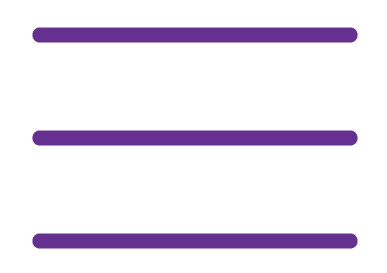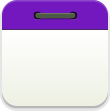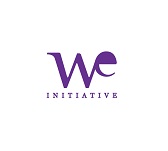Here are some trips and tricks!
- Arrive on Time, Relaxed and Prepared for the Interview
There is no excuse ever for arriving late to an interview. Short of a disaster, strive to arrive about 15 minutes before your scheduled interview to allow yourself time to get settled.
- Review Common Interview Questions and Prepare Your Responses
Another key to interview success is preparing responses to expected interview questions. A good tool for remembering your responses is to put them into a story form that you can tell in the interview.
- Be Authentic, Upbeat, Focused, Confident, Candid, and Concise
Once the interview starts, the key to success is the quality and delivery of your responses. Your goal should always be authenticity, responding truthfully to interview questions. Provide solid examples of solutions and accomplishments but keep your responses short and to the point.
- Be honest about your skills and experience
It is important to be truthful and positive about your skills, abilities and experience but do not make things up. Show the interviewer who you really are.
- Don't Be Too Familiar
The interview is a professional meeting to talk business. This is not about making a new friend. It is important to bring energy and enthusiasm to the interview and to ask questions, but do not overstep your place as a candidate looking for a job.
- Don't Appear Desperate
When you interview with the "please, please hire me" approach, you appear desperate and less confident. Maintain the three C's during the interview: cool, calm and confident. You know you can do the job; make sure the interviewer believes you can, too.
- Remember the Importance of Body Language
While the content of your interview responses is paramount, poor body language can be a distraction at best or a reason not to hire you at worst. Effective forms of body language include smiling, eye contact, solid posture, active listening, and nodding.
- Ask Insightful Questions.
Studies continually show that employers make a judgment about an applicant’s interest in the job by whether or not the interviewee asks questions. This shows that you have done your research and that you are curious. The smart jobseeker prepares questions to ask days before the interview, adding any additional queries that might arise from the interview.
- Don't be discouraged if you do not get the job.
Remember that there are probably many applicants and only one will get the job. Try to get feedback about why you did not get the position. Learn from the experience and aim to be better at the next interview.





 close
close


























